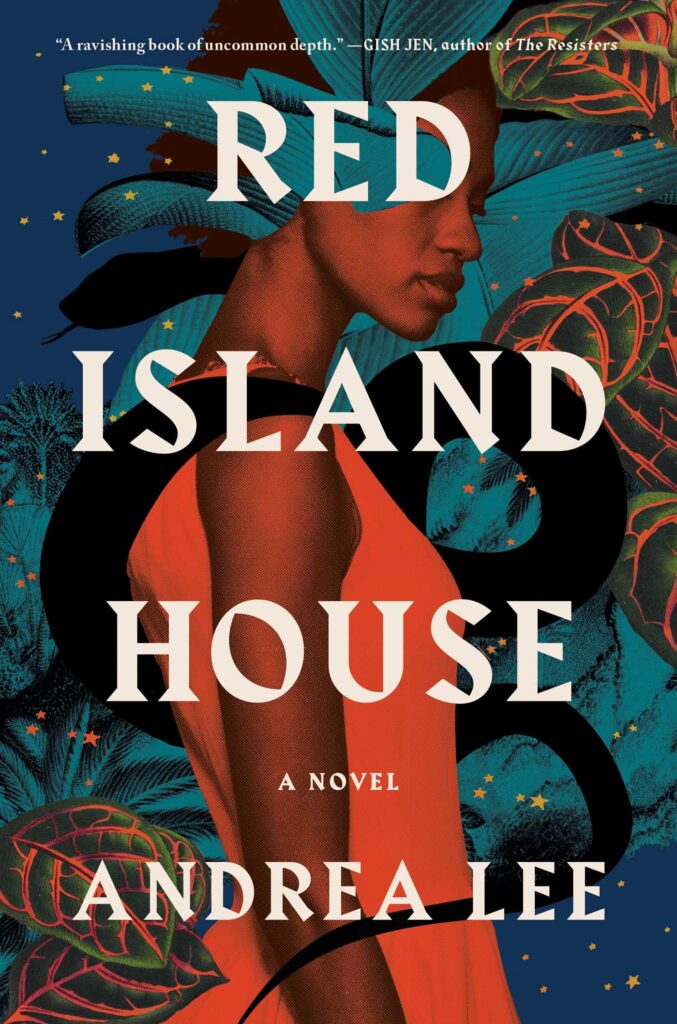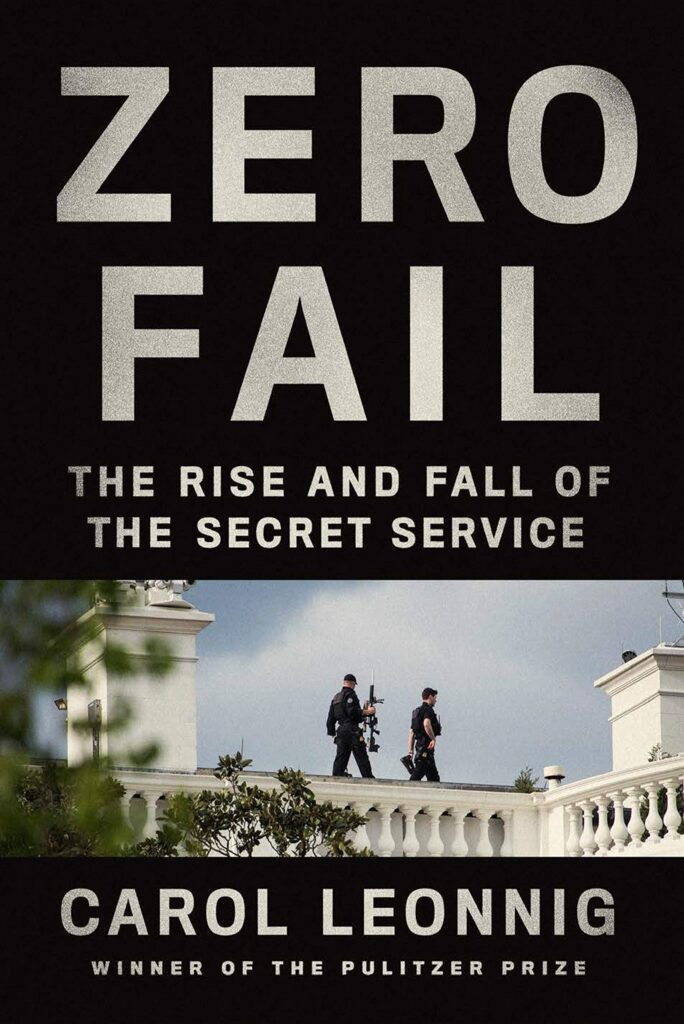It’s October already? But I only read four books in September? What the heck was I doing all month?
Red Island House by Andrea Lee is a novel I chose to read because I’d already read a couple of chapters of the book that had appeared in The New Yorker in the last year and they intrigued me. The book is set in Madagascar, about which I know next to nothing, and the author is an African American woman living in Italy (like the protagonist of the novel). In a second marriage for both of them, Shay is married to an Italian man, Senna, who builds a vacation home for them on one of Madagascar’s smaller (fictional) islands. The book, then, is basically a novel in stories, in which each chapter is a self-contained episode. Shay and Senna come and go, they have children, they visit the Red House a couple of times a year—Shay teaches African American literature in Milan and Senna is a wealthy businessman—and something interesting always happens. It’s a terrific book about race, class, colonialism, and much more, and I’m now keen to read more by this author.
Zero Fail: The Rise and Fall of the Secret Service by Carol Leonnig, my bookclub’s selection for September, begins with the nearly accidental origins of the Secret Service and runs through the many failures of the Service over the years, concentrating on the Kennedy assassination and the subsequent attacks on Presidents and candidates alike. Although I learned a great deal about the Secret Service from this book, it strikes me as a pretty yellow account that probably made for good newspaper journalism (the author writes for the Washington Post). It is focused on failures and salacious details of questionable behavior by both Presidents (especially Kennedy and Clinton) and agents, without giving much attention at all to the agency’s successes (unless you count Reagan getting only wounded instead of murdered a success). The final chapter deals with the Trump presidency, including the 2020 election and a brief section on the January 6, 2021, insurrection, and what’s disturbing about that is the extent to which Secret Service agents seemed to support Trump. One more challenge for Biden (and all of us) to deal with.
Genes, Peoples, and Languages by Luigi Luca Cavalli-Storza is, scientifically, a little over my head. The discussion of genes is beyond me, but I can still follow the story of the migration of people from Africa, first to Asia, then to Europe, then to Australasia and the Americas. The last couple of chapters of the book, while still difficult, get to the issues I picked it up for in the first place—how languages evolved. I find this subject fascinating, trying to understand how, knowing that all humans originated in East Africa and spread to the rest of the world from there, the Proto-language became the 5,000 plus languages we have today. I’ve read that story from the perspective of linguists before but adding the genetic data adds another layer to the story.
Unbecoming by Lesley Wheeler, a friend who happens to be an excellent poet, is a fun and easy read. An English professor has recently been appointed chair of her department at a small college. At the same time, her good friend has gone on an exchange program to the UK and her UK replacement has arrived. Also, the main character’s husband has begun a new job at a different college some distance away, which puts a strain on the family, as there are two high-school-age kids. They are all going through a stressful time. The professor, Cyn, is entering menopause and also discovering that she has some kind of magical powers. Silvio, the husband, is stressed about his career and living at some distance from the family (he also teaches and wasn’t able to get a full-time position at Cyn’s college). It’s a quick read and fun, with some interesting subplots thrown in.




